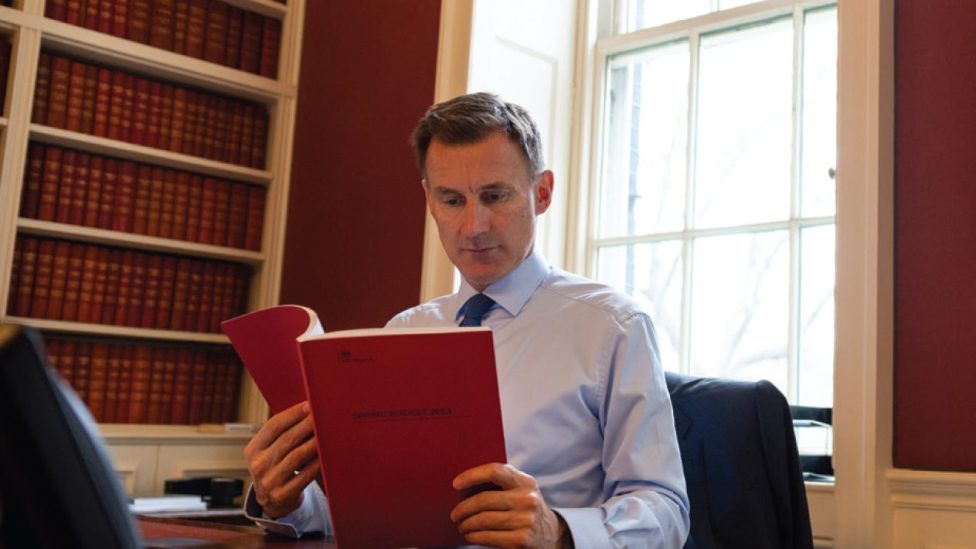With the passing of every big fiscal event, whether it be an Autumn Statement or Spring Budget, we reflect afterwards on whether the announcements within were good, bad or indifferent. In this most recent Autumn Statement, we got a bit of everything.
First the positives. The 75% discount on business rates for retail and hospitality businesses that was due to come to an end in 2024 has been extended for another year, which will result in significant savings for lots of retailers, especially those in urban areas, with larger stores, or those operating on a petrol forecourt.
The freezing of the small business multiplier will also be welcome, but for those with a rateable value high enough to go into the main multiplier band, the increases are coming in line with inflation (a stubbornly high 6.7%).
There was also positive news for those looking to invest, but this is more of a long-term proposal as the full expensing policy that was previously set to be in place until 2026 has been made a permanent fixture.
Read more: Autumn Statement: national insurance cuts and tobacco duty increase
However, the business rates discounts and the full expensing policies are already in place, so there’s no additional cash in 2024.
What is coming, though, is another significant increase in the National Living Wage rate to £11.44 per hour, meeting the government’s target to reach two-thirds of median earnings by 2024.
We’ve known that this has been coming for several years, as the target has been set out by the Low Pay Commission in every annual recommendation, but it doesn’t make it any easier to absorb.
The chancellor saw fit to reduce the rate of National Insurance contributions (NIC) for employees in the Autumn Statement in what is likely to be the first of a few pre-election fiscal flourishes, but has said nothing on how businesses are supposed to mitigate the impact of wage increases.
We have urged the government to look again at support for businesses dealing with this increase, including reductions in employer NICs, or changes to employer thresholds, as well as recommending that for future wage considerations there’s the option of a pause on increases when it’s clear rates are having a detrimental impact on employment and investment.
Read more of our expert opinion on the independent retail sector





Comments
This article doesn't have any comments yet, be the first!